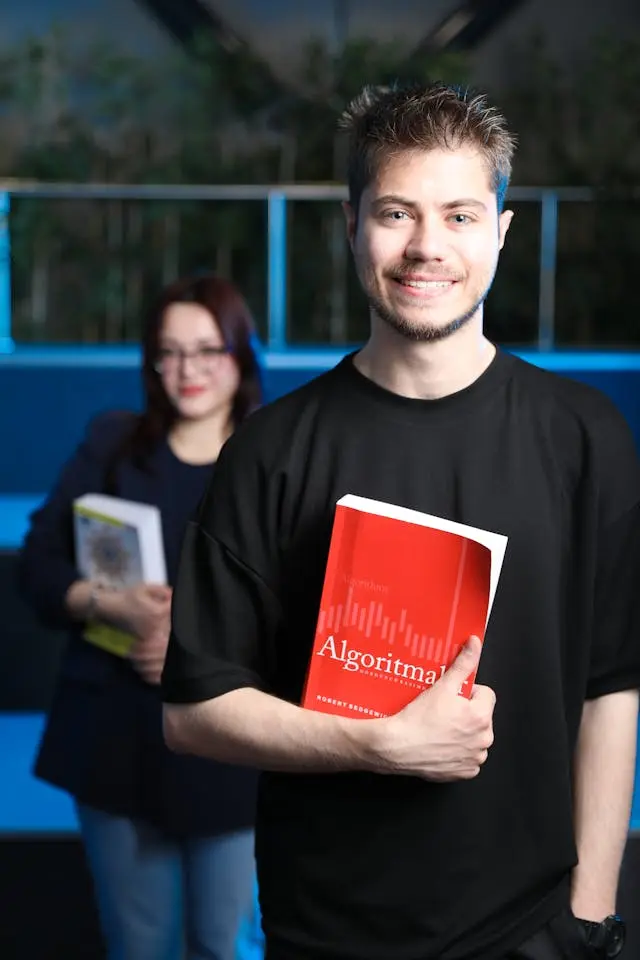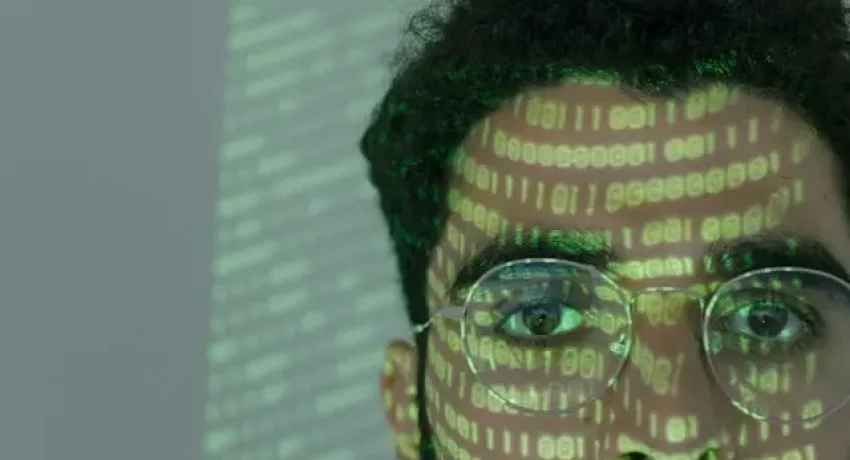AI KILLED MY CODING BRAIN, REBUILDING NOW
INTRODUCTION: HOW I FORGOT HOW TO CODE
Have you ever stared at your screen and completely blanked on how to write a simple for-loop?
I have. More than once.
The moment hit me hard on a cold morning in February 2025. I sat at my desk, fired up a Lua project on a new machine, and suddenly—nothing. No GitHub Copilot. No AWS CodeWhisperer. Just me, my editor, and a void where my syntax knowledge used to live. I couldn’t remember if it was pairs, ipairs, or pure magic that made the loop work.
That’s when the truth punched through the fog: artificial intelligence hadn’t just helped me code—it had rewired how I think about code.

THE AUTOCOMPLETE AGE: POWER WITH A PRICE
Over the last few years, AI-powered coding assistants like Copilot, Cursor, and Amazon’s CodeWhisperer have evolved from smart suggestions into dominant co-pilots of our daily workflow. They don’t just nudge; they practically write entire blocks of logic. And we’ve been sprinting with them into a future where syntax doesn’t matter and logic is just a prompt away.
In 2025, over 71% of developers in North America rely on AI tools for daily programming tasks, according to Stack Overflow’s AI & Dev Survey. That number was just 34% in 2023. This exponential rise comes at a hidden cost: our cognitive engagement with code is declining.
We’re not reading documentation like we used to. We’re not debugging line-by-line with the same patience. We’re outsourcing not just syntax—but reasoning. And the brain, as always, responds to neglect with atrophy.
THE DECLINE: THINKING LESS, PRODUCING MORE
This AI revolution promised efficiency, and it delivered. A 2025 report by IEEE found that programmers using autocomplete tools deliver code 30–45% faster than their non-AI peers. Companies are thrilled. Deadlines are shrinking. Pull requests are surging.
but there’s a catch.
Neuroscientific studies from MIT and Stanford (published in April 2025) show that constant reliance on autocomplete weakens our prefrontal cortex’s decision-making loops. Developers accustomed to AI support display reduced memory recall and lower bug-tracing performance in manual code reviews.
We’re doing more, but understanding less.
The AI isn’t just completing our code—it’s erasing our cognitive pathways.
THE WAKE-UP MOMENT: REBUILDING THE MIND
When I froze on that for-loop, I realized something terrifying: I had outsourced my brain. It wasn’t just Lua. It was Python, JavaScript, Rust. The patterns were there—deep in the neural shadows—but unused.
So I made a decision: rebuild.
And I wasn’t alone. Around mid-2025, a counter-movement began across GitHub, Reddit, and engineering teams globally. Developers started “coding raw” again—turning off AI suggestions for at least part of the day. Digital detox for the dev brain. Boot camps are now teaching “manual coding hours” where AI tools are banned to preserve algorithmic thinking.
At ecombyz, we advocate for hybrid workflows: leverage AI when speed is vital, but reserve sacred time to struggle, search, and understand.
STRATEGIE

S TO RECLAIM YOUR CODING BRAIN IN 2025
Rebuilding cognitive strength as a developer isn’t impossible—it’s essential. Here’s how leading engineers are fighting back:
1. CODE COLD. DEBUG RAW.
Spend 90 minutes a day coding without AI assistance. Pick a random project, version it offline, and build something manually. Force your brain to recall syntax and architecture.
2. ALGORITHM DRILLS—LIKE IT’S 2010 AGAIN
Reintroduce daily LeetCode or HackerRank problems without help. Just you, the logic, and your editor. This rebuilds the foundational thinking AI has muted.
3. JOURNAL YOUR CODE
Keep a developer log where you write out your logic in plain language before typing a single line. Journaling activates different brain regions and boosts comprehension.
4. TEACH OTHERS
The act of explaining code rewires your brain for clarity. Start a blog. Mentor a junior dev. Or just record yourself explaining a data structure.
5. BUILD PROJECTS WITHOUT STACKOVERFLOW
Try coding a mini-app without looking up a single line. Use built-in docs. Explore, fail, retry. Rewire your problem-solving instincts.
THE FUTURE: COEXISTING WITH AI, NOT SUBMITTING TO IT
AI isn’t going anywhere. In fact, by late 2026, projections from Gartner suggest 94% of enterprise dev environments will have integrated AI development layers. This includes predictive analytics, bug prediction, code auto-completion, and intelligent deployment strategies.
But here’s the real power move: becoming a developer who understands what the AI writes—not just someone who pastes and prays.
At ecombyz, we believe the strongest coders of tomorrow are the ones who’ll pair creativity with comprehension. Who won’t just prompt ChatGPT for a sorting algorithm but will understand its time complexity. Who’ll use AI as a tool, not a crutch.
CONCLUSION: FROM NUMBNESS TO MASTERY
Yes, AI killed a part of my coding brain—but I’m rebuilding it. Slowly. Intentionally. Not to compete with machines but to collaborate with them from a place of strength.
If you’ve felt that numbness, that blank stare in front of a simple loop—you’re not broken. You’re waking up.
And it’s time to take the keyboard back.










